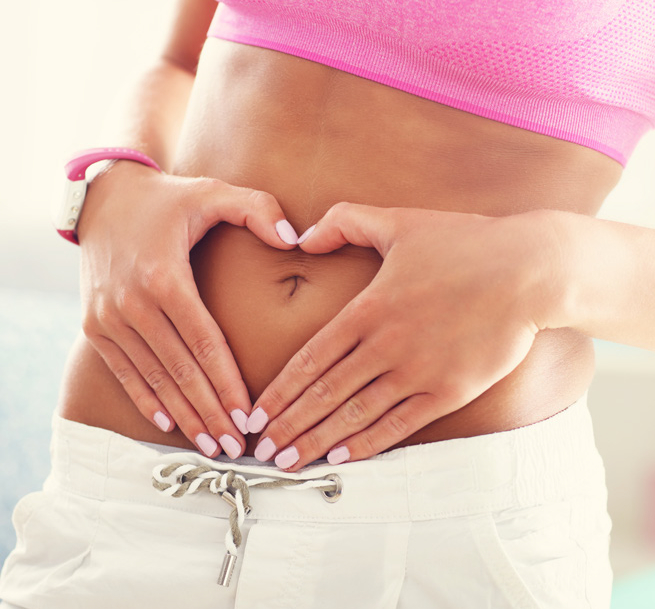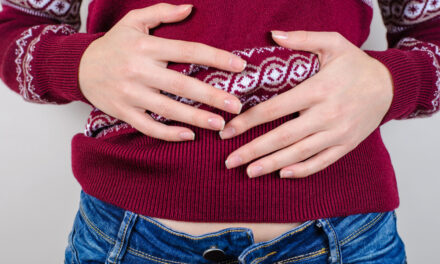With an overwhelming amount of information, suggestions, diets, and professionals all recommending different approaches to tending to your health, it can be can leave many feeling stumped. Here are a few answers to some of the most popular questions:
Should I eat before working out?
When deciding what to consume before exercising, it’s important to make decisions based on your individual body, rather than what you have heard, read, or seen others doing. Some might benefit from a boost of energy from eating breakfast before morning cardio. Other individuals might feel better exercising without breakfast to avoid nausea or cramping.
When does your metabolism start to slow down?
Your metabolism is the energy your body burns for daily functions such as breathing, digestion, blood circulation, heart pumping, brain activity, and movement. Just like the rest of your body, it changes and adapts as you age. It is largely affected by genetics and lifestyle choices such as sleep, stress level, activity level, and mental health. This makes everybody’s metabolism unique to the individual.
Bodies are smart and meant to protect you from harm and pain. As you age, the body adapts, ensuring the highest likelihood of survival. This can look like your metabolism slowing as your activity and daily functions slow. Rather than viewing your metabolism slowing as a “malfunction” and trying to fix it through food and diet, view it as the adaptation to its environment. You can support your metabolism and its rate by implementing healthy and sustainable habits such as getting enough sleep or managing stress.
Do I need to count macros to lose weight?
This has become a popular way of controlling diet and intake. Macronutrients are made up of three groups with very different functions. Protein regulates blood sugar, supports hormone production, supports immune function, and plays a large role in gut health. Fat provides energy, helps to slow down digestion to avoid spikes in blood sugar, supports the release of the “happy” hormone (serotonin), and helps with absorption of vitamins and minerals. Carbohydrates provide many sources of energy, fiber for gut health, blood sugar support, and mood regulation.
Managing and counting macros to control or change body size can lead to disordered eating, obsessive behavior, and an unsustainable relationship with food. Creating a healthy and sustainable relationship with food is one of the most influential things you can do, especially if you’re trying to get to a healthy weight.
Should I do intermittent fasting to lose weight?
Part of building trust with your body is honoring hunger and fullness cues. Hunger is your body’s way of communicating it is in need. When you ignore hunger, you lessen that trust with your bodies. Intermittent fasting can often look like ignoring hunger and trying to wait it out until a specific time of day. However, when you listen to and honor when your body is asking for food, your body can regulate and utilize nutrients more effectively, including supporting your metabolism.
Should I eat after 7 pm?
Your body doesn’t know what time is on the clock. Bodies and brains operate on circadian rhythm (sleep-wake cycle), but your metabolism functions very differently and doesn’t include an on-off switch. A large portion of gastric emptying happens during REM sleep, which shows that metabolism is actively working during sleep. However, it’s not recommended to eat a large amount of food before bed since this could affect your quality of sleep. If your body needs to eat after 7 pm to avoid waking up ravenous the next day, then consider having a balanced snack that consists of protein, healthy fats, and carbs.
Meredith Renshaw, RD, LDN champions finding food freedom through redefining health, ditching the restrict-binge cycle, and embracing intuitive eating. She specializes in disordered eating, intuitive eating, food allergies, family nutrition, and nutrition-related diagnoses. For more information and steps on where to begin your intuitive eating journey, find her on Instagram @meredithren_rd or on FreeMethodNutrition.com.







